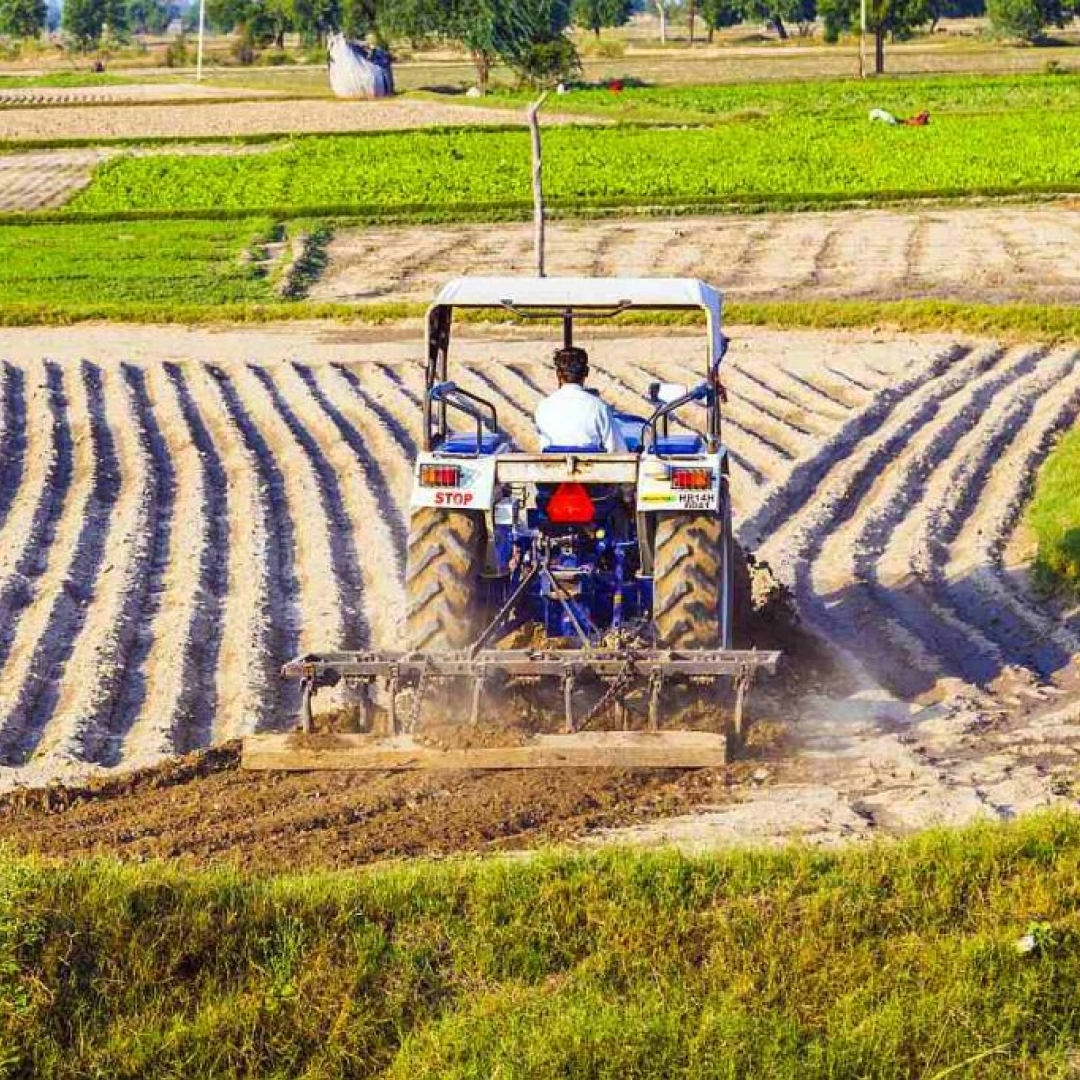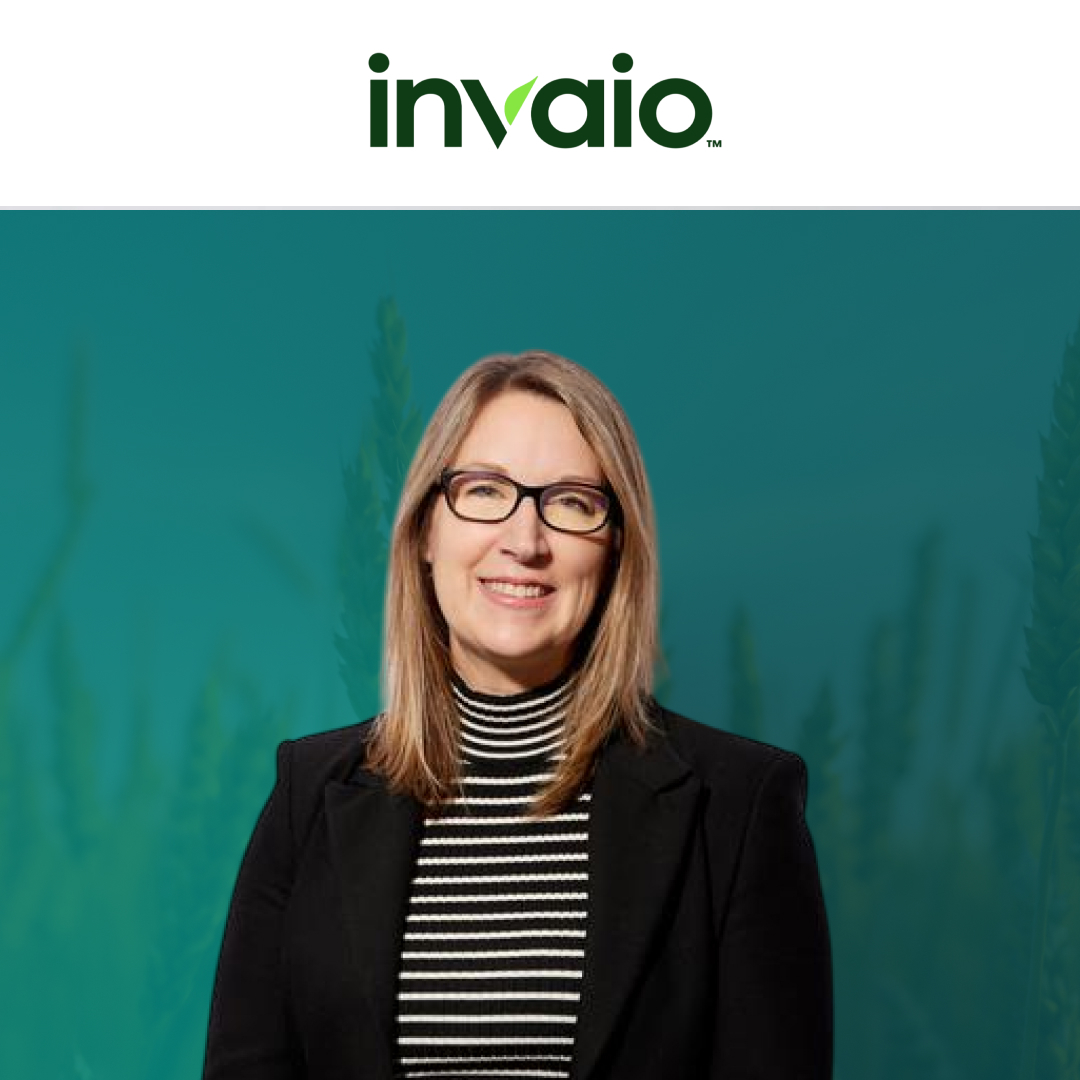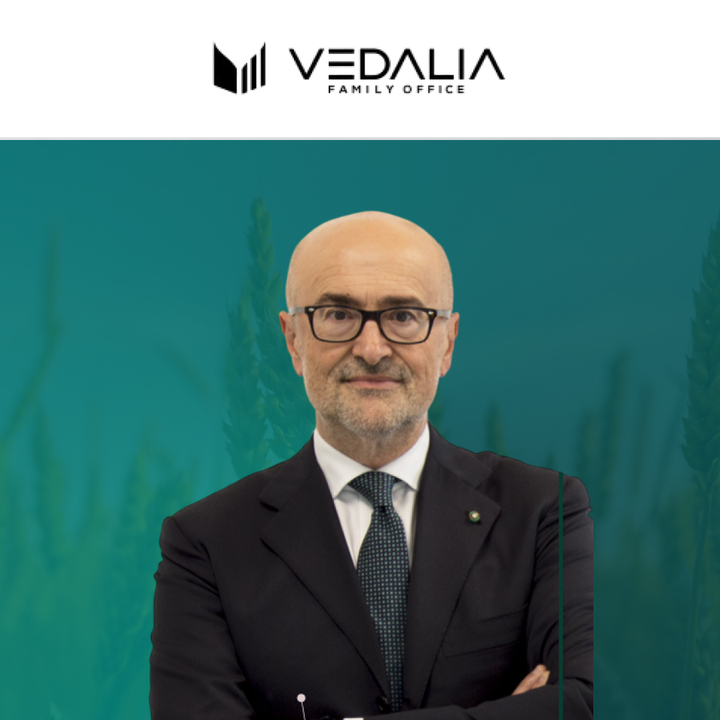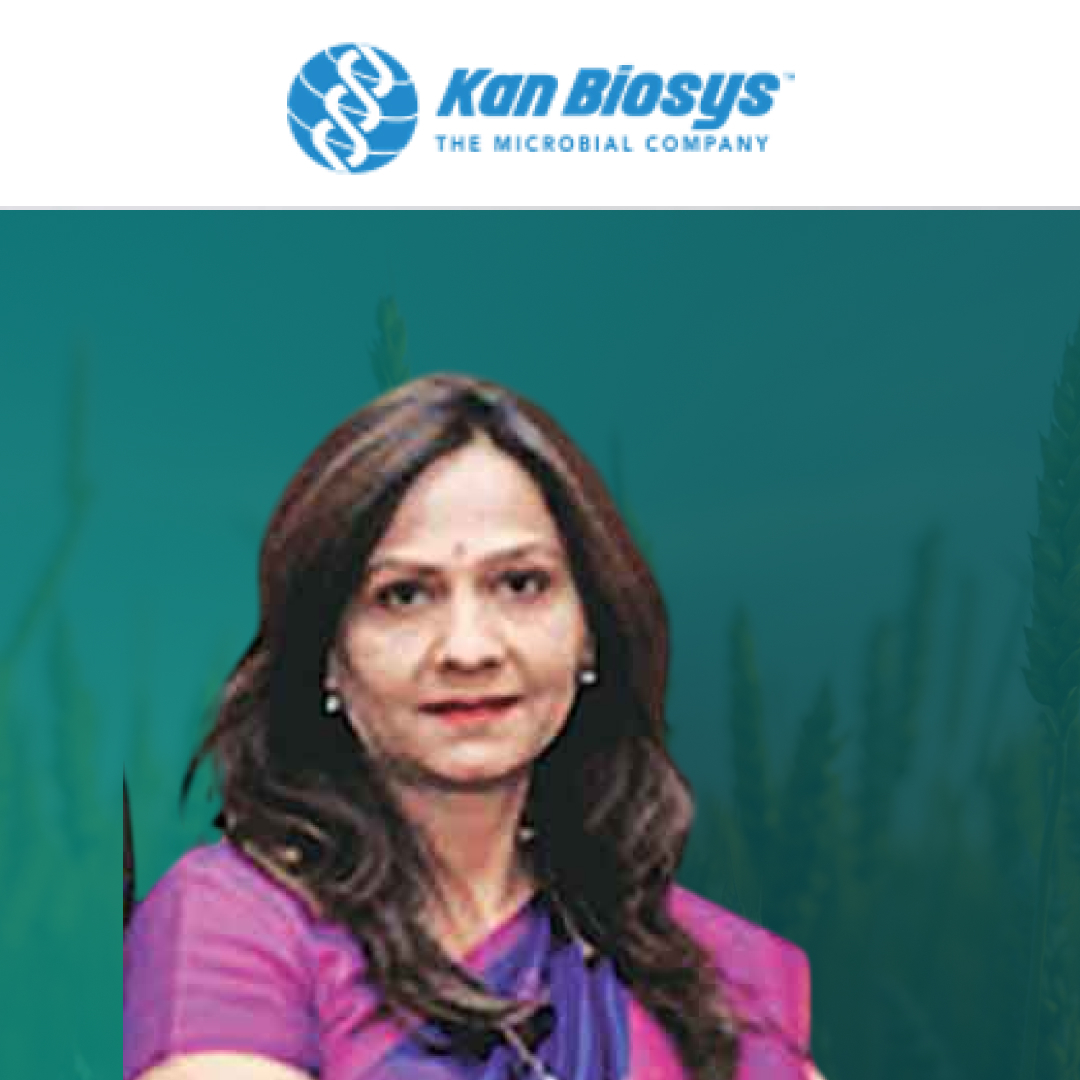
Sandeepa Kanitkar is the Founder, Chairperson, and Managing Director of Kan Biosys, a pioneering company in microbial solutions for sustainable agriculture. With over 30 years in industrial microbiology, she has revolutionized biofertilization, earning a United Nations WIPO Gold Medal for her patented liquid biofertilizer technologies. Passionate about soil health, she emphasizes the role of carbon and microbes in sustainable farming. A serial entrepreneur, Sandeepa also co-founded Argetta Solutions for agricultural digitization and leads the Kan Biosys Research and Education Foundation. As Vice Chairman of BASAI, she advocates for biologics in agriculture. Her leadership extends to policy-making, having served on key government tasks. Recognized with accolades including the CII Agri MSME Award (2021) and Ramabai Joshi Award (2007), she continues to drive innovation in agricultural biotechnology. Sandeepa envisions Kan Biosys as a global leader in biologics, enhancing farmers’ income, food quality and environmental sustainability.
Q1. Tell us about your career path. You have been in the agriculture industry all your professional years. Is this what you always wanted to do? How would you describe your journey?
I aspired to become a doctor—perhaps a gynecologist or pediatrician but missed the medical entrance by just two marks. I looked for other options and enrolled in microbiology. At first, it was my second choice, but as I delved into the subject, I fell in love with it. Microbiology is the foundation of life sciences, and I was drawn to its applications, particularly in agriculture.
Even in college, I had a vision. I dreamed of running a large pharmaceutical unit, and that drive led me to pursue postgraduate studies. Unlike many peers who followed the conventional Ph.D. path, I focused on applied sciences. After taking the Graduate Aptitude Test in Engineering (GATE), I opted for a master’s degree at Annamalai Hindu University. In college various seminars were conducted, and I was fascinated by agriculture’s untapped potential. There was a growing movement around sustainability, pesticide reduction and environmental consciousness. Issues like soil health was critically yet understudied. At the same time, Dr. Upendra Kanitkar was running a small lab to work on microbial solutions for agriculture, and I saw an opportunity. Dr. Kanitkar, a brilliant scientist, mentored and encouraged me to innovate in areas where change was truly needed. His guidance influenced my decision to stay in India and work in the BioAgTech space. By the time I was 22, I had co-filed India’s first patent for liquid biofertilizers. This was groundbreaking, as biological solutions for soil health were virtually non-existent at that time. I feel it was all destiny!
Q2. You had an entrepreneurial mindset from an early age. Please share how Kan Biosys was founded and what inspired you to venture into the BioAg industry. Were there any ventures before you officially entered the biotech industry?
Absolutely! I always had a knack for business. At 18, I started my first venture as a dress designer with a friend, now a Vice President at a major bank in Boston. I borrowed a small loan from my father and repaid him twice. We started our label, participated in five or six exhibitions, and built something meaningful. But eventually, I realized that while I loved business, my passion was in microbiology, leading me to pivot toward scientific entrepreneurship. This experience gave me the confidence to take risks and be financially independent.
Kan Biosys was founded in 2005 after working for almost 15 years mostly on screening and formulating microbes for agriculture, under the name KrishiMitra. KrishiMitra was more like a pilot scale with small funds and two to three products. We were amongst the first pioneers in liquid biofertilizers in India. Our name was known to many, but the scale did not happen. Farmers were not very aware and because of the support of government subsidies, we were not exploring alternatives. Therefore, we started exports to Australia and the U.S. We started with a small distributor in Florida and a full distributor in Australia. We still work with both of them. So, I took all the KrishiMitra and consolidated everything into Kan Biosys, and the commercialization aspect started.
Q3. What were the challenges you faced in establishing the company? Also, the agricultural sector, particularly in the 1990s, was not a common space for women entrepreneurs. Did you face challenges as a woman in this industry?
The biggest challenge was financial sustainability. Back then, there was no venture capital for agricultural startups. We had to rely on bank loans, personal savings and small grants. While my peers in multinational companies were earning high salaries, I was reinvesting everything into research. It took us over a decade to perfect our microbial solutions before launching commercially!
I feel women can be good biotech entrepreneurs as nurturing life comes naturally to them. Women have a resilience bone which helps them to forge relationships and make things happen. Also, they are patient which is a necessity for agri-tech! While being a woman never stopped me from pursuing my goals, it did present challenges. Field visits, networking with male-dominated bureaucracies and building credibility in the BioAg sector were special areas of effort. Putting in these extra efforts makes us not only compete, think differently, and shine differently. One way I overcame these was through adaptability. For instance, I started wearing a saree to meetings to be taken seriously, as I was young, ambitious and pitching ideas while discussing business with men. I learned early that success was not just about knowledge; it was about making people believe in your vision.
Q4. The BioAgTech startup space has become increasingly competitive. What advice would you give to startups struggling to scale? Also, how do you stay motivated?
There are many gaps in agriculture which startups identify and try to fill in. However, they struggle but by keeping a few things in mind, it would be easier to translate their innovation into a successful business.
1. Trying to do too many things at once – Focus on one strong innovation and build expertise before expanding.
2. Lack of patient capital – Agriculture is slow, requiring 5+ years of sustained operations before profit, making survival difficult.
3. Ignoring on-ground validation – Research alone is not enough. You need real-world proof of concept through pilot projects and farmer trials.
4. Relying too much on one distribution partner – Diversify partnerships so that you do not depend on one company for survival.
Once you are an entrepreneur, you never stop being one. The drive to solve problems keeps me going. Also, I believe in building a strong team—helping people realize their potential and empowering them to believe in the vision is what drives long-term success.
Q5. It has been approximately two years that Kan Biosys partnered with De Sangosse in March 2023. What were the aspirations behind this partnership? How is this partnership adding value for the BioAg and sustainability?
De Sangosse came in as a strategic partner in Kan Biosys. The goal was global expansion. DS operates in 28 countries, and we saw this as an opportunity to scale our technologies beyond India. We aspire to support Pan India expansion and showcase technologies across different DS companies in. We plan to promote microbial technologies for soil health, improving nutrient-use efficiency, plant health, climate resilience and biocontrol. DS is the perfect partner in all three major aspects of crop production. We also plan to start a drive for functional seed treatment using microbials on a very big scale. This partnership positions India as a leader in sustainable agri-solutions while bridging regulatory gaps and advocating for policies supporting bio-based inputs. We are also working on creating an ecosystem for biologics in India, ensuring that policymakers and farmers alike understand the importance of residue-free agriculture.
Q6. Kan Biosys is contributing to the agriculture industry through its diverse and research-based product portfolio. What are your aspirations for the company’s future, and how do you envision its role in shaping the Indian and Global agricultural landscape?
Starting with a nine-member organization, KanBiosys is now 250 people strong with footprints currently in seven states of India and exporting to five countries. We plan to scale solutions using our commercial and research pipeline by reaching over 10 million farmers in the next three years. Our 3,000 strong channel partners help us to realize our vision by positioning biologics optimally in the minds of young Indian farmers. We will continue expanding our regulatory advocacy work to create an enabling environment for biotech innovation. We believe that biologics will shape the future of farming, and we are committed to driving that change.
Q7. With the BioAgTech World Congress coming back to India, what are your expectations? BAW Congress and BAW Digest are dedicated to strengthening the BioAg community to drive meaningful change. How do platforms like these add more to the momentum?
BioAgTech World Congress should carry a message from all continents to India as India is young and eager to learn. India is also eager to find markets abroad for its biological products. Indian agrochemical industry already has made a mark on the global stage and biologicals will fortify the “Make in India” initiative. We believe there are strong advocacy groups in India and the government is listening to them. Indian government and industry have the resolve to make regulation and legislation simpler and easier for the Indian farmer who is eager to serve the world markets.







Leave a Reply